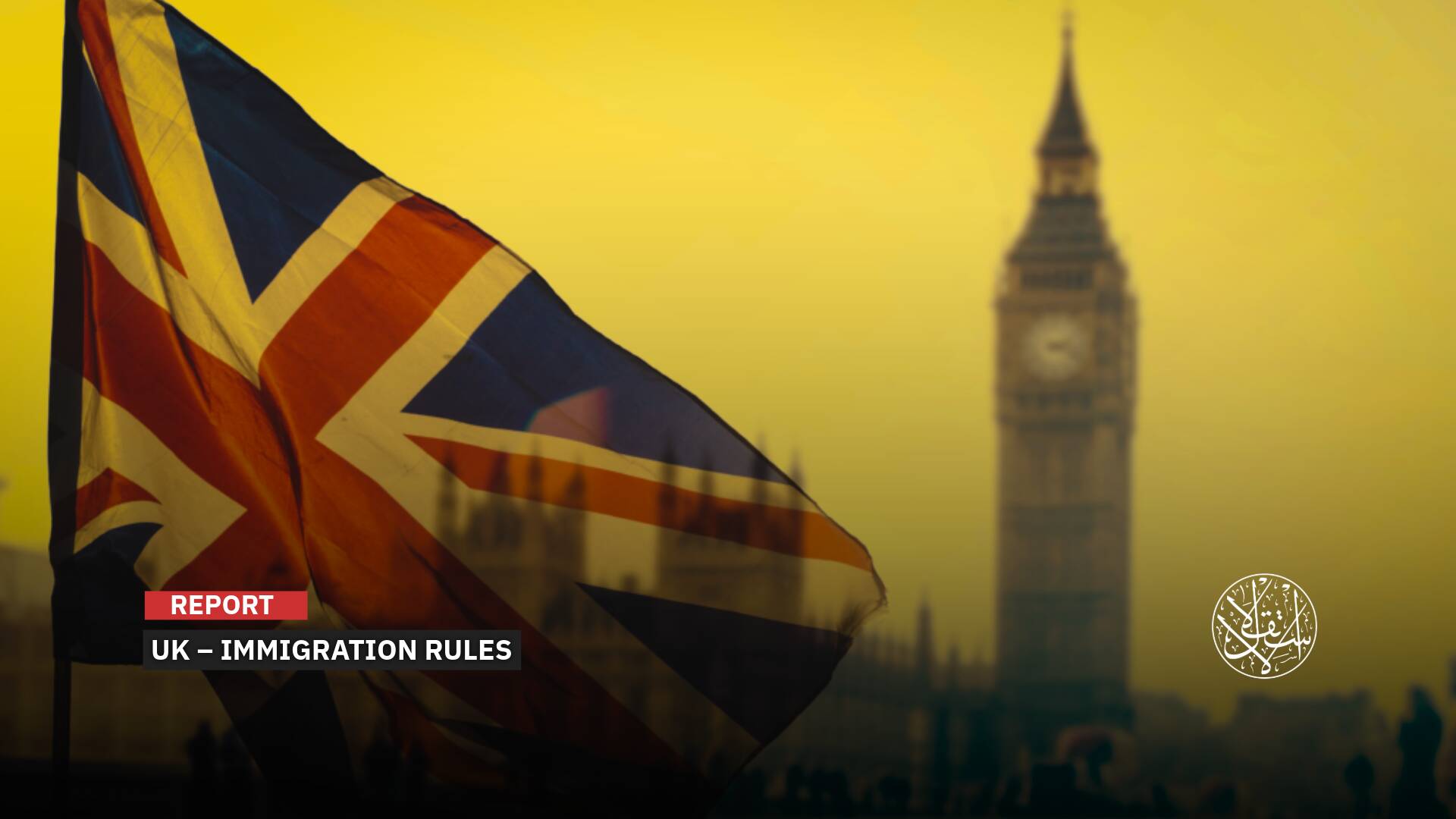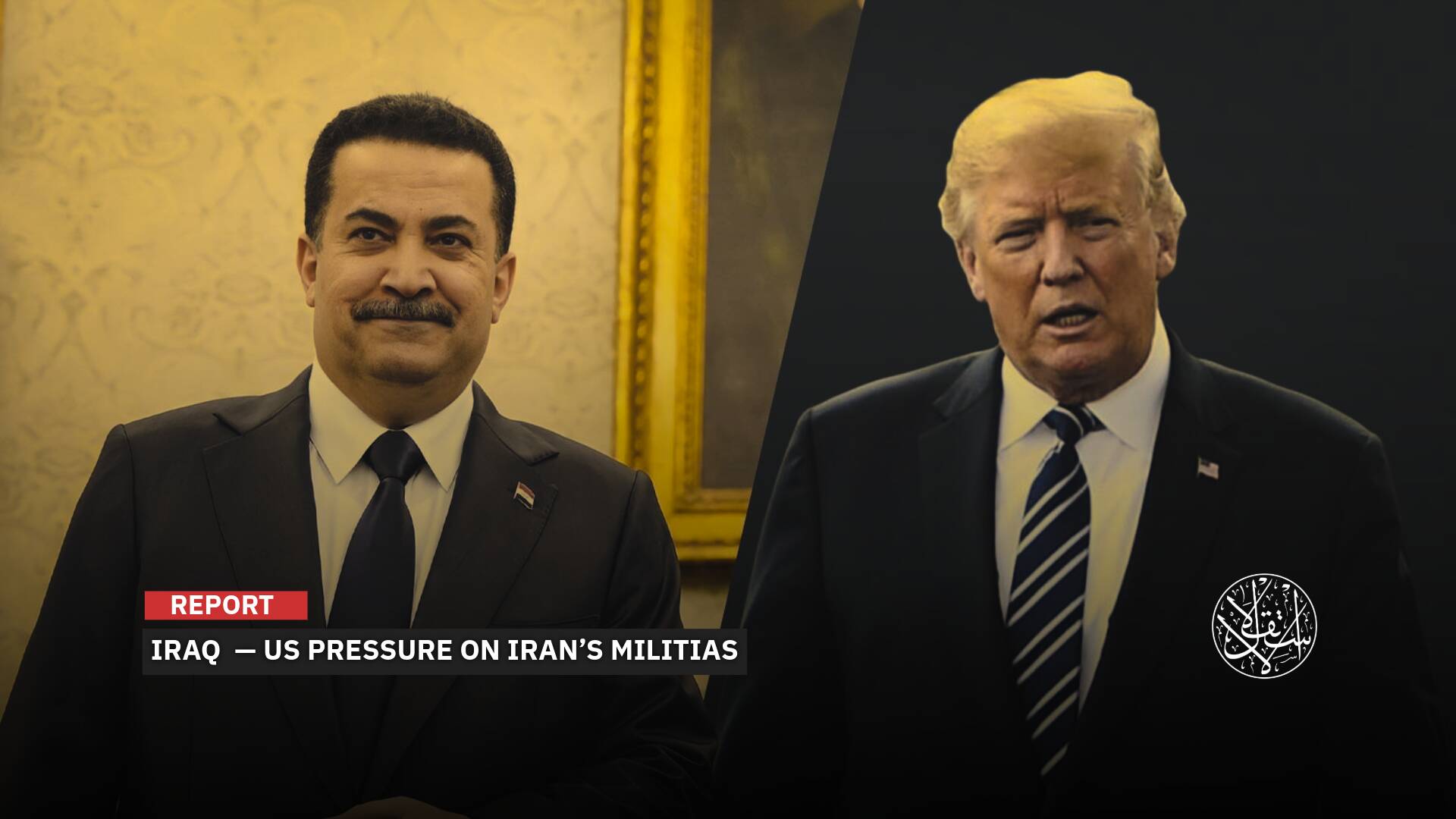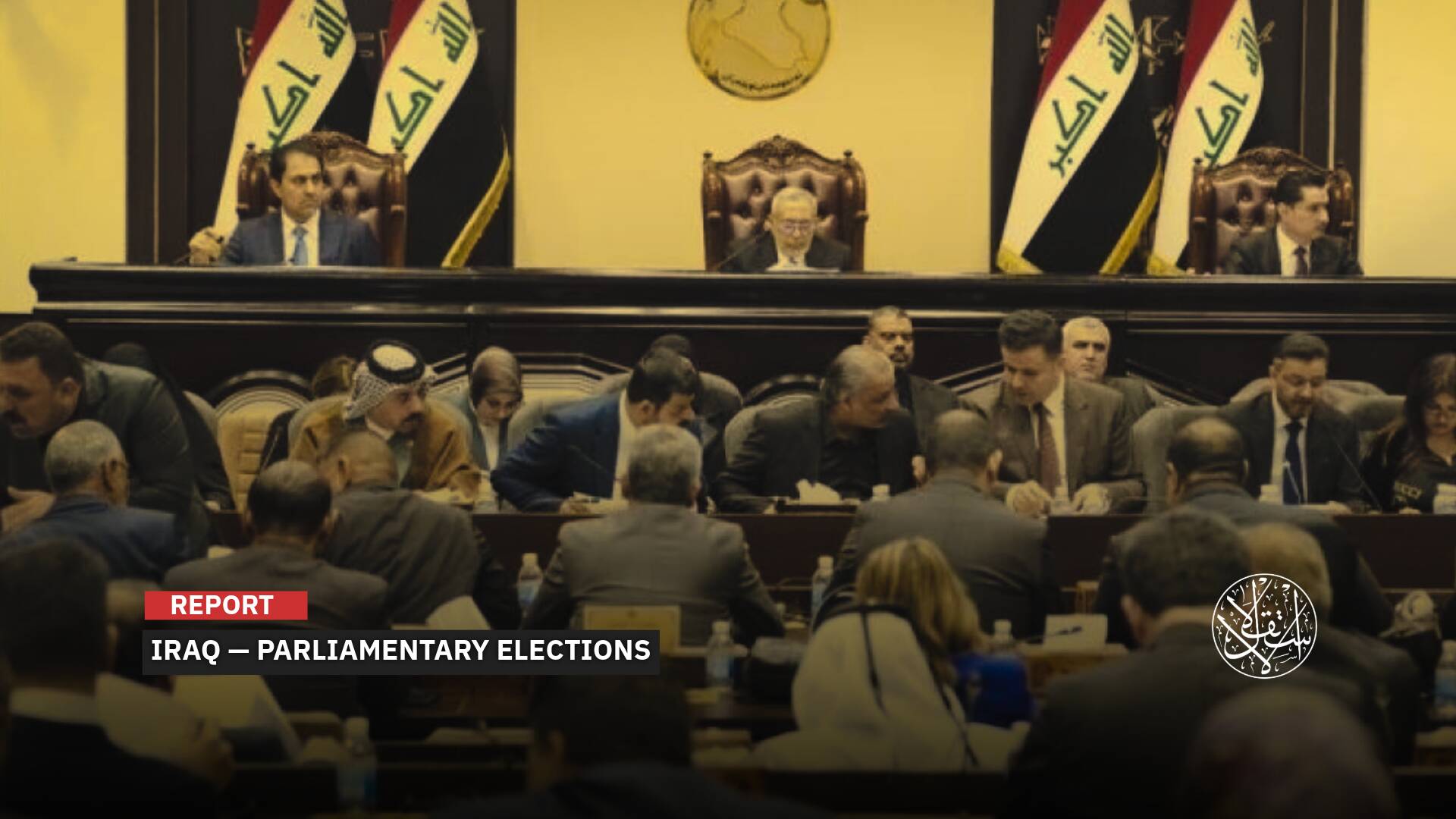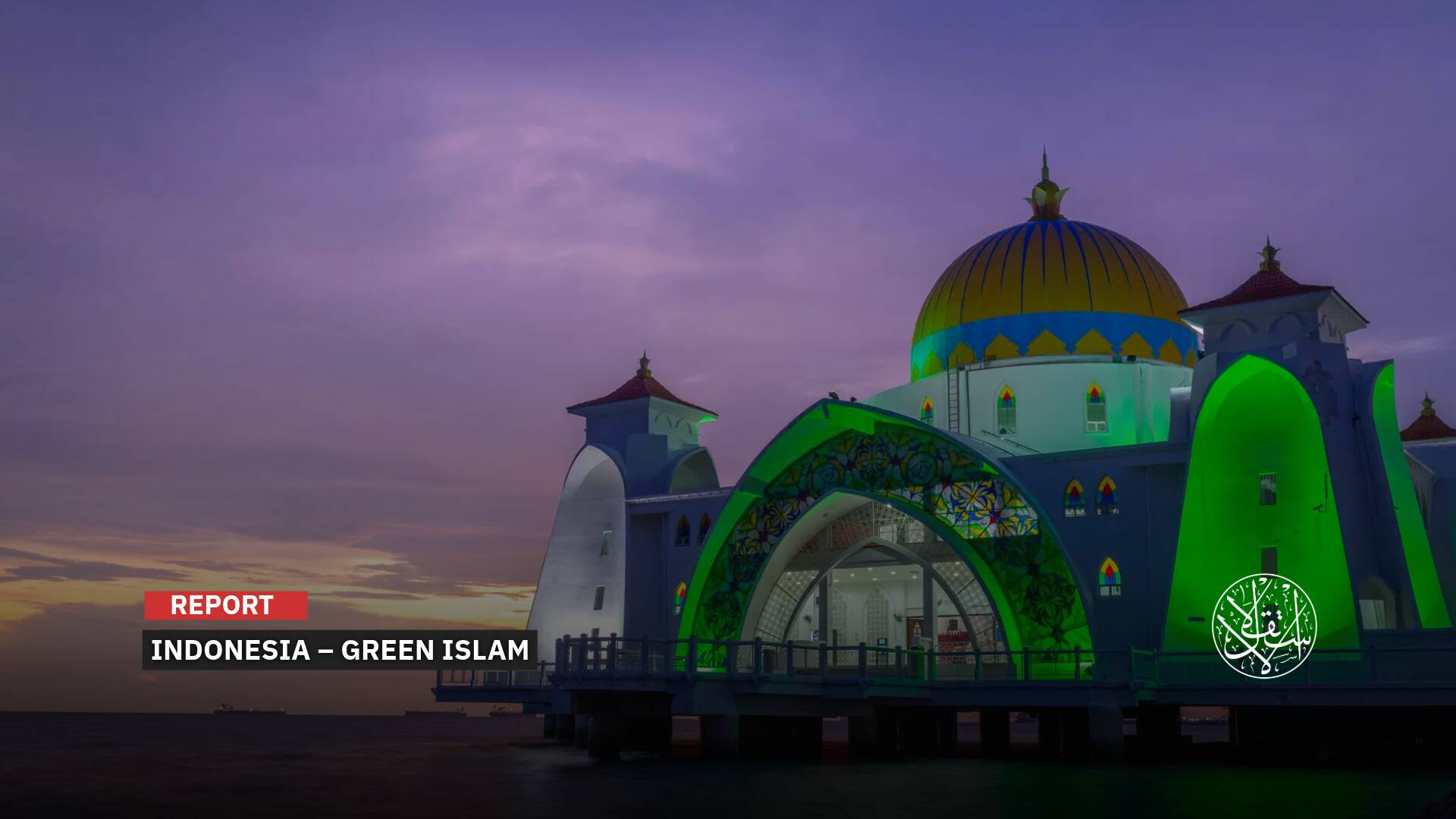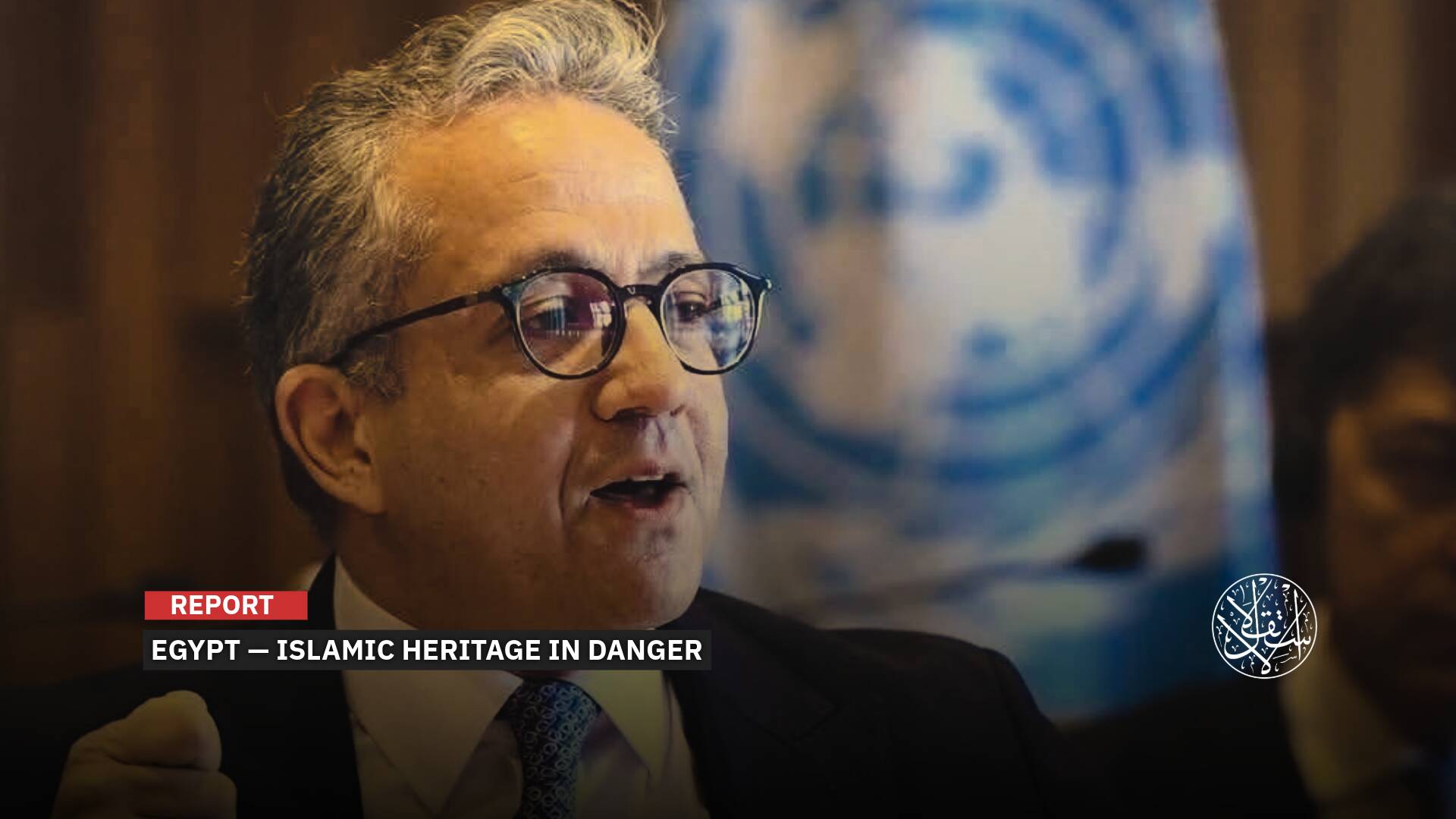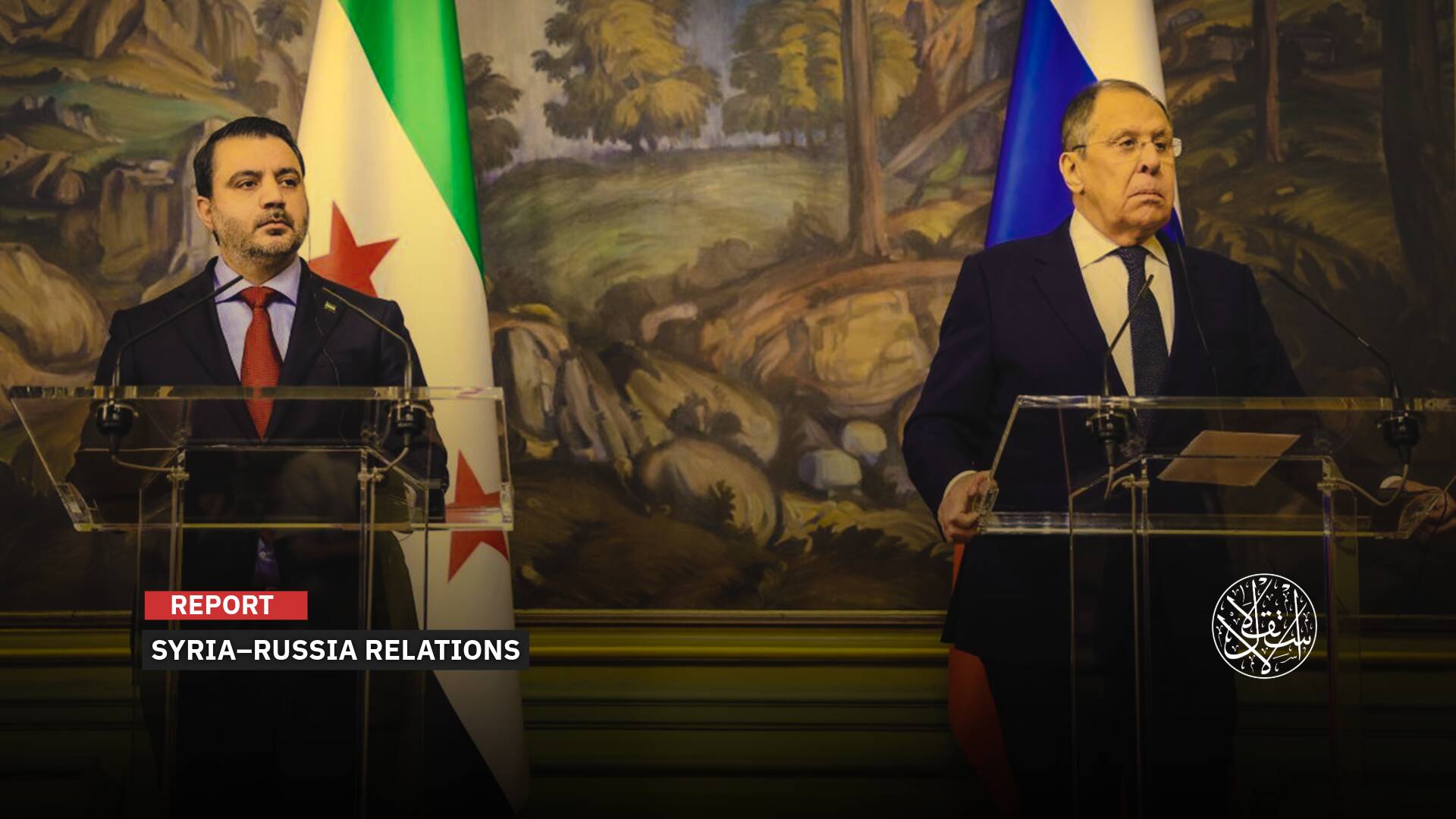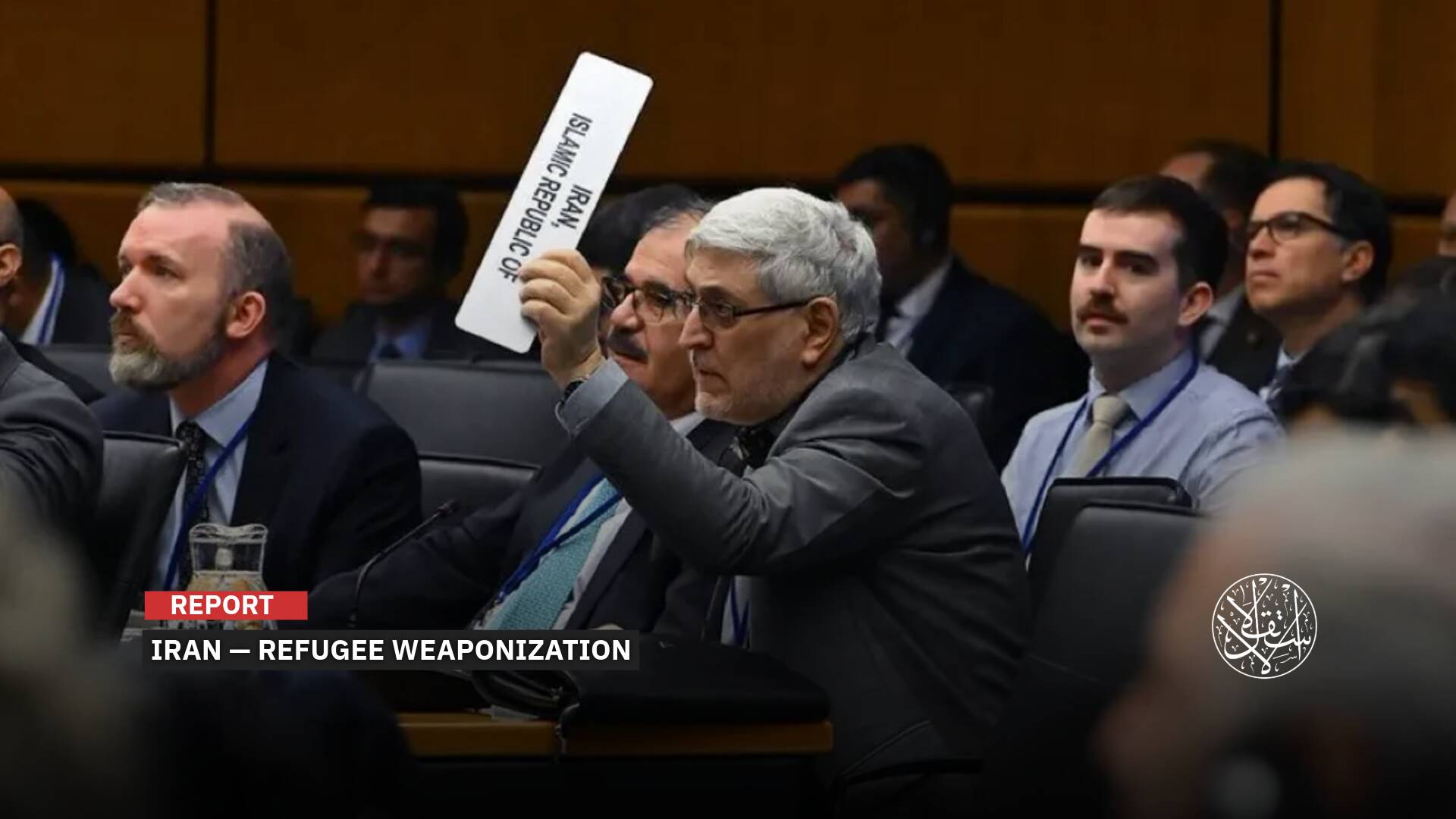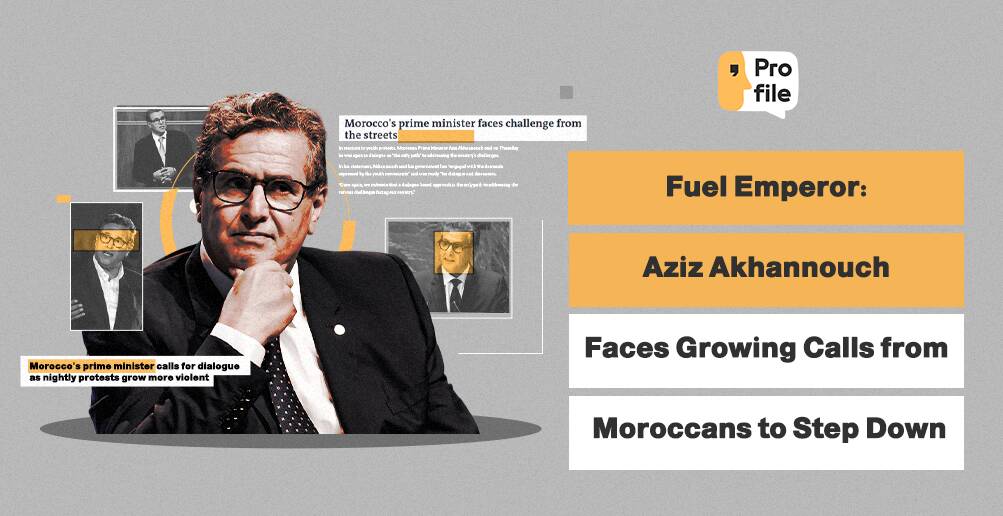SDF Attempts to Win Over Tribes Raise Questions About Syria’s Political Unity
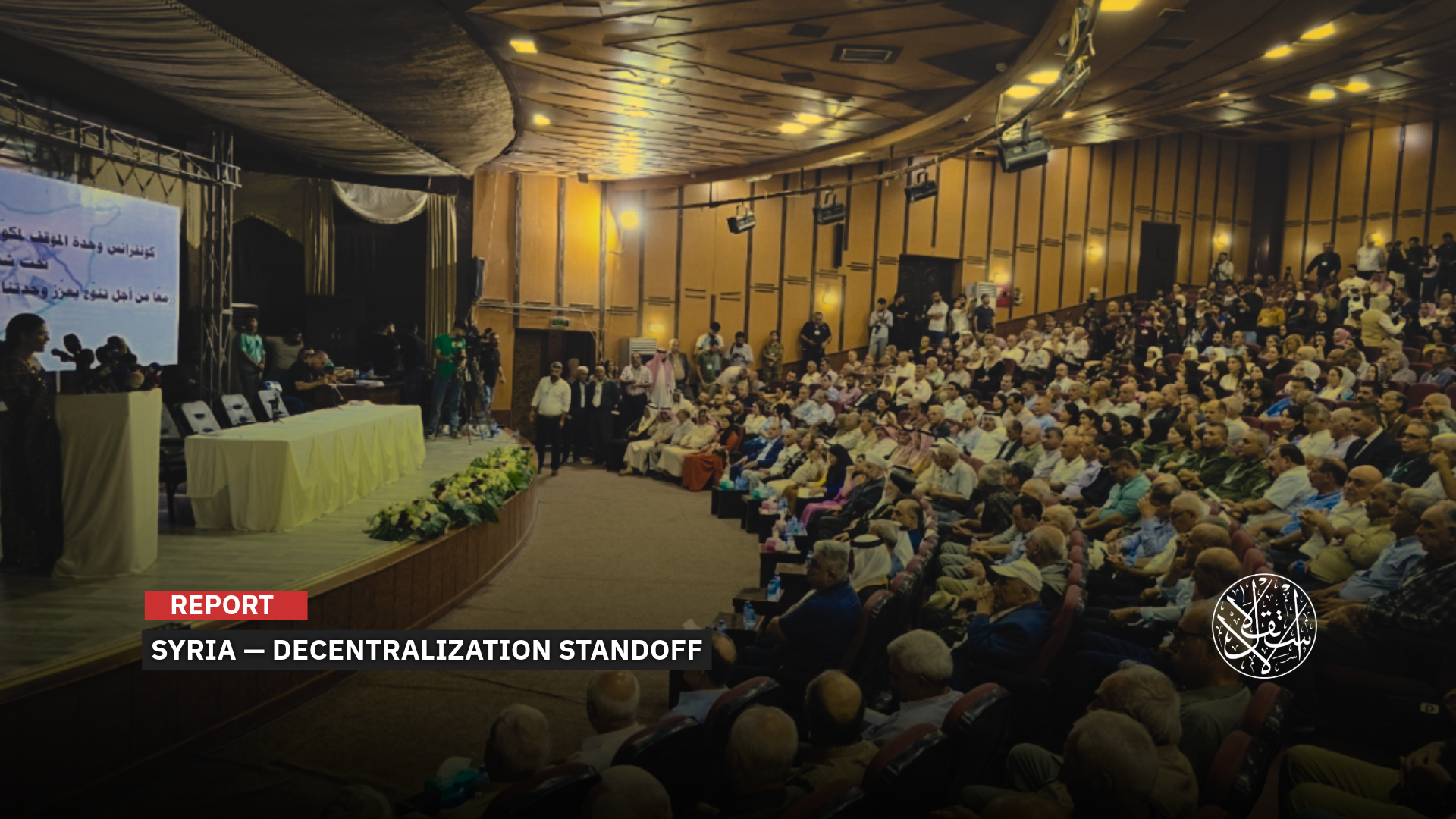
The SDF is working to accumulate pressure and expand its influence on the Damascus government.
Amid continued stalling over its integration into the new Syrian state, the Syrian Democratic Forces (SDF) are once again seeking to reshuffle the cards, this time by reviving the demands of social groups in the areas under their control in an effort to redefine their relationship with Damascus.
The SDF, entrenched in northeastern Syria, appears intent on standing behind these social and ethnic constituencies as a means of strengthening its bargaining position over the terms of any eventual incorporation into the Syrian government.
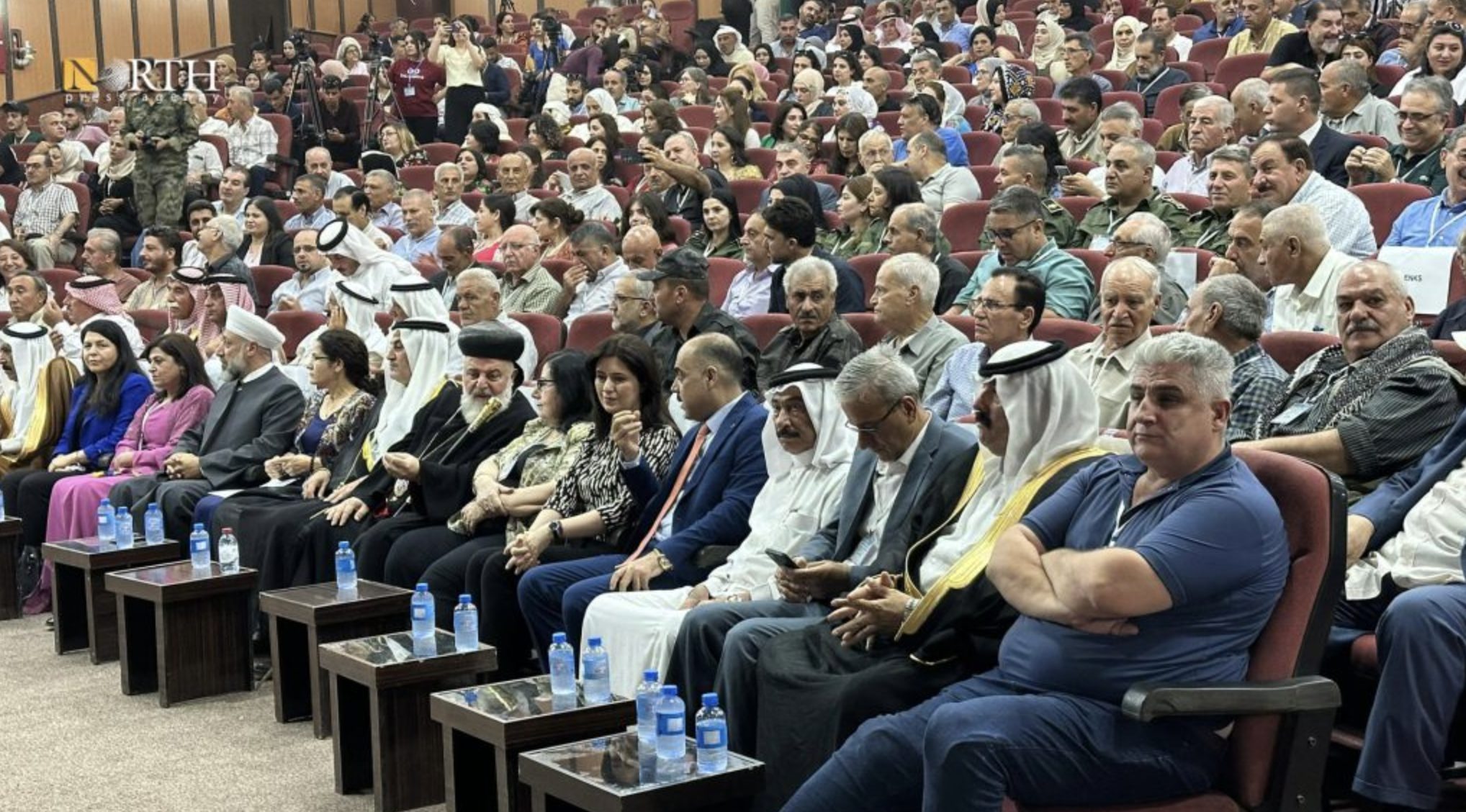
SDF Conferences
On August 8, 2025, the Syrian Democratic Forces (SDF) launched what they called the “Unity of Position for the Components of Northeastern Syria” conference at the cultural center in the city of Hasakah.
The gathering drew more than 400 participants, including political and religious figures as well as tribal leaders from across Syria, alongside representatives of the Autonomous Administration, the political umbrella of the SDF.
Among those appearing via video link was the spiritual leader of the Druze community in Sweida, Sheikh Hikmat al-Hijri, who had openly declared separatist intentions on July 16, 2025, calling on “Israel” to block the entry of state institutions into the province.
Also addressing the conference via video was Sheikh Ghazal Ghazal, head of the Supreme Alawite Islamic Council in Syria and the diaspora, who resides abroad and has described Damascus as being “ruled by a complete terrorist apparatus.”
What stood out was the absence of most tribal leaders and Kurdish National Council parties, while several participants with ties to Iran and to the regime of the deposed president Bashar al-Assad were present.
Notably, Arab tribal sheikhs from the province who enjoy the full backing of their clans did not attend.
The Hasakah conference concluded with a final statement in which participants expressed consensus on a set of political and social principles, emphasizing “the importance of pluralism, the consolidation of decentralization, and the rejection of exclusion and marginalization.”
In a statement published by Hawar News Agency (ANHA), a news agency close to the SDF, participants called for the drafting of “a new democratic constitution for Syria, one that enshrines decentralization, guarantees meaningful political participation for all communities, respects cultural and religious specificities, and reinforces the values of social justice and freedom of belief.”
The statement also stressed the need to “review the current constitutional declaration,” which participants described as failing to meet the aspirations of Syrians for dignity and freedom.
On March 13, 2025, Syria’s transitional president, Ahmed al-Sharaa, signed a constitutional declaration setting the length of the transitional phase at five years.
Two days earlier, al-Sharaa and SDF commander Mazloum Abdi signed an agreement to “integrate” all civilian and military institutions of the Kurdish-led Autonomous Administration into the framework of the Syrian state, “including border crossings, the airport, and oil and gas fields.”
The agreement, made up of eight articles, is to be implemented by joint committees before the end of 2025.
Subsequent rounds of negotiations were held between Damascus and the SDF in areas under each side’s control to move the deal forward.
Yet senior SDF officials have repeatedly underscored in public statements that there can be “no compromise” on the demand for decentralized pluralism in the management of Syria’s political system.
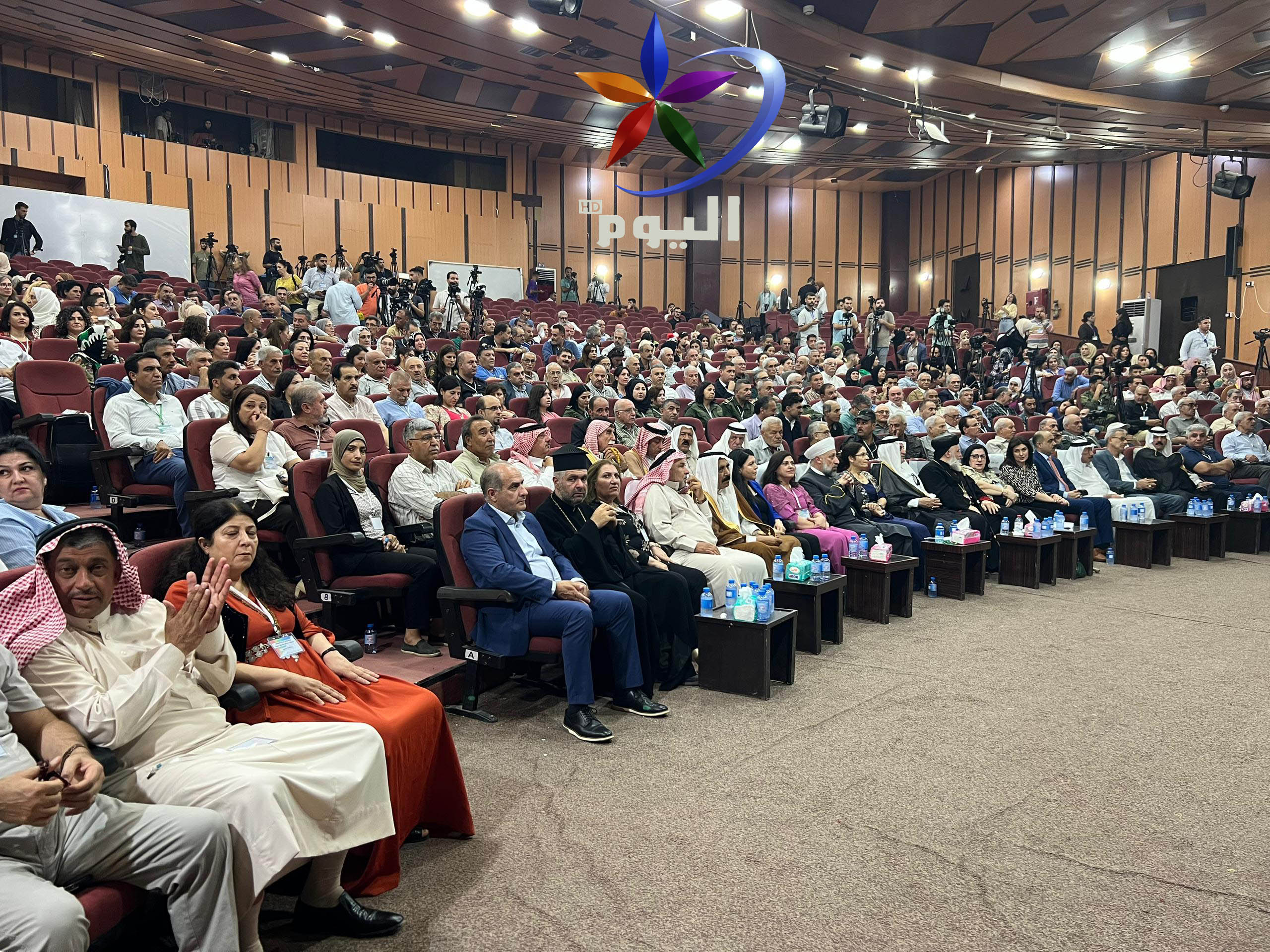
Reshuffling the Deck
So far, the SDF has continued to pursue a clear mobilization strategy against the Damascus government, pressing tribal and ethnic groups in its areas to adopt projects and agendas aligned with its own, but often at odds with the ambitions and positions of Arab tribes in the northeast.
On August 18, 2025, the SDF called for a consultative conference in the city of Raqqa, involving a range of social and political groups.
Preparations for the gathering have included consultations with social actors and political movements not confined to northeastern Syria, but extending to other parts of the country as well.
According to press reports, the aim of the conference is to reach agreement on a set of constitutional principles not included in the current provisional declaration, to be later presented to the new Syrian government as a basis for negotiation.
In this context, Mudar Hamad al-Asaad, head of the Supreme Council of Syrian Tribes and Clans, told Al-Estiklal that “the aim of the SDF militias in holding these conferences is to stall the implementation of the integration agreement with the new Syrian state.”
He argued that the group is seeking to entice various parties into participating in social and tribal events in the Jazira and Euphrates regions, buying loyalties as a prelude to asking the U.S.-led international coalition for support in imposing its own conditions for joining the Syrian state.
“There have been tribal and community initiatives that met with the international coalition in Raqqa, calling for the implementation of the agreement between the SDF and the Syrian government,” al-Asaad added.
According to his assessment, the SDF is instead trying to shuffle the deck by winning over certain figures in the Jazira and Euphrates regions, despite the fact that they do not represent local communities.
He went on to say that “the SDF is trying to influence the popular base in the Jazira and Euphrates regions, where Arabs make up 90 percent of the population, by withholding services, siphoning off local resources, and imposing compulsory conscription on young men and even minors.”
“There are no real disputes between the ethnic, cultural, and tribal communities in areas under SDF control, which is why the group is working to create social rifts and to delay progress toward Syrian unity, a step that would strengthen stability and revive the country’s economy,” al-Asaad noted.
Ninety percent of Syria’s oil and gas wealth is concentrated in SDF-held areas, particularly in the provinces of Hasakah and Deir ez-Zor, resources that could play a central role in enabling the return of roughly one million refugees and displaced people.
Yet, he argued, those displaced refuse to return while the SDF remains in place and continues to exercise what he described as security-driven repression against residents of the Jazira and Euphrates.
Al-Asaad stressed that “attempts to carve out a mini-state tailored to the Kurdistan Workers’ party in Syria are rejected by the Syrian people.”
“Political decentralization or federalism is unacceptable, while what can be accepted is administrative decentralization, which guarantees local communities the right to manage their own affairs and achieve sustainable development,” al-Asaad noted.
The SDF’s latest moves have come after Washington stepped back from the long-running military support it has provided since 2015, warning against any projects that threaten the unity of Syrian territory.
On July 9, 2025, the U.S. envoy to Syria, Tom Barrack, said there was only one path forward for the SDF, which was to turn toward Damascus, stressing that “federalism does not work in this country.”
He told the Kurdish outlet Rudaw that the Syrian government had shown “an incredible eagerness” to bring the SDF into its institutions under the principle of one state, one nation, one government, and one army.
Barrack also noted that the SDF has been slow to respond, negotiate, and move forward on this path.
Despite the militia’s attempts to project “legitimacy” for its new approach in talks with Damascus, the majority of Syrian tribes on August 15, 2025, declared their rejection of the Hasakah conference and its outcomes.
A statement issued by the “Tribes of Jazira and the Euphrates” said that those who took part in the Hasakah gathering “chose to be tools of a separatist project that represents only its backers.”
The tribes stressed that those who spoke in their name “represent only themselves,” underlining that Arab clans “have shed the blood of their sons in defense of Syria’s territorial unity and will not allow it to be compromised.”
The statement accused the SDF of responsibility for displacing Arabs, recruiting minors, carrying out widespread violations against freedoms and resources, and arresting activists.
The statement emphasized that the tribes stand behind the Syrian state “on the foundations of dignity, equality, and full citizenship guaranteed by the constitutional declaration.”
It also called on participants in the Hasakah conference to immediately retract “this disgraceful act.”
Meanwhile, Syrian Foreign Minister Asaad al-Shaibani described the Hasakah gathering as a breach of the agreement between Damascus and the SDF reached on March 10, 2025.
Speaking at a joint press conference with his Turkish counterpart Hakan Fidan in Ankara on August 13, 2025, al-Shaibani said the conference “does not reflect the will of the Syrian people, nor the vast majority of tribal, religious, and even Kurdish elites.”
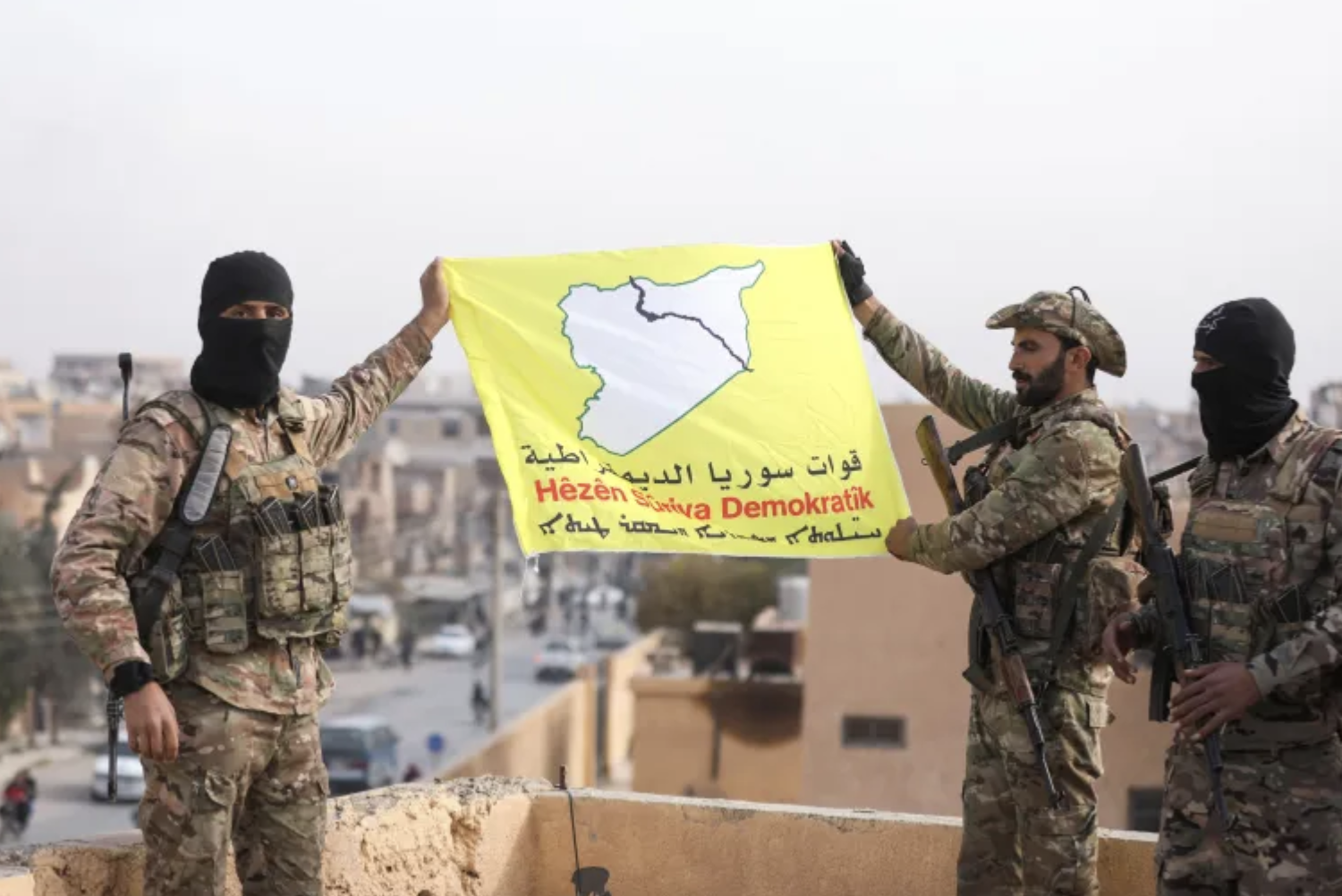
Leveraging Pressure
Many observers believe that both Ankara and Damascus are convinced the SDF will not fully integrate into the state, particularly as its forces continue to breach contact lines with the Syrian army in the Aleppo countryside.
On August 12, 2025, SDF military patrols advanced toward positions held by the Syrian army near Tal Ma’az, east of Aleppo, triggering intense clashes that left one Syrian soldier dead.
Following the incident, Qutaiba Idlbi, the Syrian Foreign Ministry’s official for American affairs, announced on August 18, 2025, the cancellation of Paris meetings that had been planned to bring together delegations from the Syrian government and the Syrian Democratic Forces.
Idlbi, however, emphasized that negotiations between the two sides remain ongoing, telling the Kurdish broadcaster Rudaw that Damascus rejects any repetition of a “state within a state” model, as seen in other countries such as Lebanon.
He noted that stability in Syria can only be achieved through a unified government and a single national army, in which all participate within the framework of the state.
On the reason the government refused to attend the Paris meetings after the Hasakah conference, Idlbi said that the gathering had been convened in the wrong format, giving a platform to figures linked to the Assad regime and presenting it along sectarian, religious, or ethnic lines, which Damascus regarded as a misstep in planning.
Here, Syrian researcher Ammar Jallou believes that “through the recent conferences, the SDF seeks to accumulate leverage and influence over the Damascus government at this moment, by promoting the idea that it is not the only actor demanding decentralization in Syria, and that other communities, including the Druze and Alawite components, are also calling for it.”
Jallou told Al-Estiklal that “the SDF wants to project that it can gather all currents and social components dissatisfied with the Damascus government, unify their demands, and place them under its umbrella.”
He spoke of a “hidden factor” in the SDF’s maneuvers, linked to alignment with “Israel” on the matter, after “Tel Aviv” sought to assert itself on the issue of minority protection, particularly in Sweida, suggesting that the militia may “want to reach a closer alliance” with the occupation.
He noted that the SDF is hardening its stance in negotiations with Damascus, seeking to improve its terms, and may even be aiming to present a general project for Syria to give legitimacy to the principle of decentralization.


